What treatment
10+ Highly Rated Stem Cell Therapy for Lung Disease Clinics in India
Reach Out to These Certified Stem Cell Therapy for Lung Disease Clinics List in India Loved by Patients!
GIOSTAR Hospital Bengaluru
Overview
Discover GIOSTAR Hospital in Bengaluru, India—your go-to center for advanced stem cell therapies and cutting-edge procedures for orthopaedics. Explore treatments for diabetes, stroke, SCI, and more.
Read more details
Dr. Pravin Patel's Innovative Hospital & Research Center
Overview
Dr. Pravin Patel's Innovative Hospital provides best stem cell treatment in Gujarat, India. Also offers Ozone therapy, Quantum therapy , EBOO therapy, Frequency & Laser Therapy at affordable cost.
Read more details
StemRx Hospital and Research Centre
Overview
At StemRx Hospital & Research Centre, We specialize in advanced Regenerative Medicine & Stem Cell therapy for Autism, Cerebral Palsy, Orthopedics, Migraine, AVN & IVF providing personalized care.
Read more details
ReeLabs Stem Cells in Mumbai, India
Overview
ReeLabs provides advanced Stem Cell Mumbai services, including stem cell banking and therapy for safe preservation and future medical use.
Read more detailsDiscover your treatment options with a free, no-obligation quote!
Get your quote now!Viecell Institute of Regenerative Medicine
Overview
Discover Viecell Institute in Surat, Gujarat, India, for cutting-edge stem cell therapy. Transforming health with advanced regenerative solutions.
Read more detailsAutoStem Laboratories
AutoStem Laboratories provides top-rated stem cell therapy treatments in Chennai, India. They provide treatments for various health conditions such as Spinal Cord injury, Alzheimer's, Parkinsonism, ALS, Demyelination disorders, Peripheral Neuropathy, Myocardial Infarction, Liver Disorders, Diabetes, Arthritis, Infertility, Autoimmune and Inflammatory disorders.
ICAM Wellcare Clinic
ICAM Wellcare Clinic provides best Stem Cell in Bengaluru India. Book now Regenerative Therapy for Cancer, Weight Loss and Orthopedic at PlacidWay.
Stem Cell Cure India
Stem Cell Cure India is the best medical center for the Stem Cell Treatment in New Delhi, India. You can get the best treatment for Autologous Stem Cells, Allogenic Stem Cells, and Umbilical Cord Blood at Stem Cell Cure India. Find and compare your treatment options here.
Discover your treatment options with a free, no-obligation quote!
Get your quote now!Revita Lifesciences / HB Specialty Hospital & Research Institute
Stem Cell Therapy in Rudrapur, India by Revita Lifesciences offers proven, reliable treatment for patients seeking maximum improvement.
HELENE - Stem Cell Clinic
Overview
Japan Regenerative Medicine Leading Brand With over a decade of experience and more than 16,000 treated patients. Providing cutting-edge stem cell therapies tailored to various health concerns.
Read more details
Vega Stem Cell Clinic in Bangkok Thailand
Overview
Vega Clinic in Bangkok, Thailand, helps people feel better with special treatments. They use new ways to heal and make sure each person gets care made just for them.
Read more details
Cell Grand Clinic – Japan’s Best Stem Cell Clinic
Overview
Explore Cell Grand Clinic, the best stem cell clinic in Japan specializing in top regenerative therapies for anti-aging, chronic conditions, and wellness.
Read more details
Dr. Ebenezer Abel Paul - Stem Cells in Malaysia
Overview
Explore Stem Cells in Malaysia with Dr. Ebenezer Abel Paul, offering cutting-edge regenerative therapies and advanced stem cell treatments.
Read more details
FirstCell Malaysia
Overview
FirstCell specialize on cell-based medicine and treatments especially via MSC and NKC to enhance wellness and for targeted treatment modules. We are committed in delivering excellent treatment.
Read more details
Live Stem Cell Asia - Premier Stem Cell Clinic in Malaysia
Overview
Discover advanced stem cell Malaysia treatments at Live Stem Cell Asia, Petaling Jaya. Experience personalized care and innovative regenerative solutions.
Read more details
Klinik Setia Gemilang
Overview
Klinik Setia Gemilang: Leading in stem cell therapy, orthopedic treatments, and anti -ageing solutions Malaysia . It is part of Setia Gemilang Medicare which houses a clinic and dentist
Read more detailsBeike Biotech
Overview
Beike Biotechnology offers the best stem cell therapy in Thailand, combining top-quality regenerative treatment with cutting-edge technology for optimal patient care.
Read more detailsBoston Health Longevity - Anti Aging Stem Cell Therapy in Thailand
Overview
Experience advanced Anti Aging Stem Cell Therapy in Thailand at Boston Health Longevity. Improve cellular health, vitality, and longevity with expert care.
Read more detailsChaum Medical Center
Overview
Premium healthcare at Chaum Medical Center, Seoul. Personalized anti-aging, stem cell therapy, and advanced medical services for a youthful life.
Read more detailsHebei Yanda International Hospital
Overview
Hebei Yanda International Hospital in Beijing, China, addresses your healthcare needs with expert oncology, cardiology, and neurology treatments.
Read more detailsWhich are the best clinics for Stem Cell Therapy for Lung Disease in India?
When seeking Stem Cell Therapy for Lung Disease in India, several highly-rated clinics stand out for their patient satisfaction and advanced regenerative treatments. Facilities like GIOSTAR Hospital Bengaluru, Dr. Pravin Patel's Innovative Hospital & Research Center in Vadodara, and StemRx Hospital and Research Centre in Mumbai consistently receive strong patient recommendations, showcasing their commitment to quality care and therapeutic innovation.
Choosing the "best" clinic often depends on individual patient needs, specific lung conditions, and treatment protocols. However, based on available patient feedback and established presence, certain Indian clinics are widely recognized.
- GIOSTAR Hospital Bengaluru: Located in Bengaluru, this hospital has a 100% patient recommendation rate, specializing in advanced stem cell therapies for various conditions, including lung diseases. They focus on cutting-edge procedures and personalized care plans.
- Dr. Pravin Patel's Innovative Hospital & Research Center: Situated in Vadodara, this center boasts a 98.63% patient recommendation rate. They offer a holistic approach to regenerative medicine, incorporating stem cell treatment with other advanced therapies for chronic diseases.
- StemRx Hospital and Research Centre: With locations in Mumbai and Navi Mumbai, StemRx also achieves a 100% patient recommendation. This facility focuses on advanced regenerative medicine and stem cell therapy for a range of conditions, emphasizing personalized care.
- Other notable clinics include Viecell Institute of Regenerative Medicine (Surat), AutoStem Laboratories (Chennai), and Stem Cell Cure India (New Delhi), which contribute significantly to the landscape of stem cell therapy for lung diseases in India.
What should I look for in a Stem Cell Therapy for Lung Disease clinic in India?
When selecting a Stem Cell Therapy clinic for lung disease in India, prioritize accreditation, a multidisciplinary team, transparent communication about treatment protocols, comprehensive diagnostic capabilities, and robust patient support. Look for facilities with proven experience in regenerative pulmonology and strong patient testimonials to ensure a high standard of care and successful outcomes.
It's crucial to thoroughly vet clinics to ensure you receive safe and effective treatment. Here's a breakdown of key factors:
- Accreditation and Regulatory Compliance: Verify if the clinic adheres to national and international regulatory guidelines for stem cell research and therapy. This ensures quality and safety standards are met.
- Specialized Expertise: Look for clinics with pulmonologists, regenerative medicine specialists, and other relevant experts experienced in treating lung diseases with stem cells. A multidisciplinary team offers comprehensive care.
- Treatment Protocols: Inquire about the specific stem cell types used (e.g., mesenchymal stem cells - MSCs), source (autologous or allogeneic), preparation methods, and administration routes. Ensure these align with established scientific evidence.
- Diagnostic and Monitoring Facilities: A reputable clinic will perform thorough pre-treatment diagnostics (e.g., lung function tests, imaging) and offer post-treatment monitoring to track progress and manage any potential side effects.
- Patient Testimonials and Outcomes: Seek out reviews and patient stories specific to lung disease treatment. While individual results vary, positive trends can indicate a clinic's effectiveness and patient satisfaction.
- Transparency and Ethical Practices: The clinic should openly discuss potential risks, benefits, alternative treatments, and long-term expectations without making unrealistic promises.
How can I ensure the safety and efficacy of stem cell therapy for lung conditions in Indian clinics?
To ensure safety and efficacy, choose Indian clinics that are accredited by recognized bodies, follow international protocols for stem cell processing and administration, and have experienced specialists. Always ask for detailed patient consent forms, robust monitoring plans, and transparent discussions about treatment risks, expected outcomes, and the clinic's track record for lung conditions.
Ensuring safety and efficacy is paramount when considering stem cell therapy. Here’s how you can do it:
- Check for Accreditations: Verify if the clinic holds accreditations from national medical councils or international bodies relevant to regenerative medicine. This indicates adherence to certain standards.
- Review Scientific Basis: Inquire about the scientific evidence supporting the specific stem cell treatments offered for lung diseases. Reputable clinics will base their therapies on clinical trials and peer-reviewed research.
- Understand Cell Sourcing and Processing: Ask about where the stem cells come from (e.g., bone marrow, adipose tissue, umbilical cord) and how they are processed. Sterile and regulated lab practices are critical.
- Discuss Potential Side Effects: A transparent clinic will thoroughly explain potential risks and side effects, not just the benefits, allowing you to make an informed decision.
- Post-Treatment Care and Follow-up: Confirm what kind of follow-up care, monitoring, and data collection the clinic provides to track your long-term health and the treatment's impact.
- Expert Opinion: Consider getting a second opinion from an independent pulmonologist or regenerative medicine expert to validate the proposed treatment plan.
Do Indian clinics offer comprehensive diagnostic evaluations for lung disease before stem cell therapy?
Yes, leading Indian clinics for Stem Cell Therapy for Lung Disease provide extensive diagnostic evaluations prior to treatment. These assessments include detailed medical history, lung function tests (spirometry), chest imaging (CT scans, X-rays), blood tests, and sometimes bronchoscopy or lung biopsy, ensuring an accurate diagnosis and a tailored treatment plan for optimal outcomes.
Comprehensive diagnostics are a hallmark of responsible medical practice, especially in specialized treatments like stem cell therapy.
- Thorough Medical History and Physical Examination: Clinics will start with an in-depth review of your medical background and a physical assessment specific to your respiratory health.
- Pulmonary Function Tests (PFTs): These tests, including spirometry, measure how well your lungs are working, including how much air you can breathe in and out and how easily you can do so.
- Imaging Studies: High-resolution CT scans (HRCT) of the chest, chest X-rays, and sometimes MRI are used to visualize lung structure, identify damage, and assess disease progression.
- Blood Tests: Comprehensive blood work helps assess overall health, identify inflammation markers, check for infections, and evaluate organ function, which is crucial before any advanced therapy.
- Advanced Lung Assessments: Depending on your condition, clinics might perform bronchoscopy (visual examination of airways) or lung biopsy to get a definitive diagnosis of the underlying lung pathology.
- Personalized Treatment Planning: The results from these diagnostics are critical for specialists to determine if stem cell therapy is appropriate and to customize the treatment protocol to your specific lung disease and overall health.
What types of lung diseases are typically treated with stem cell therapy in India?
Indian clinics often use stem cell therapy to address various chronic lung conditions including Chronic Obstructive Pulmonary Disease (COPD), pulmonary fibrosis, asthma, emphysema, and interstitial lung disease. This regenerative approach aims to reduce inflammation, repair damaged lung tissue, and potentially improve lung function for patients who haven't responded well to conventional treatments.
Stem cell therapy in India is increasingly explored for its potential to regenerate damaged lung tissue and modulate immune responses in various chronic pulmonary conditions.
- Chronic Obstructive Pulmonary Disease (COPD): This includes emphysema and chronic bronchitis, where stem cells aim to reduce inflammation and promote tissue repair in the airways and alveoli.
- Pulmonary Fibrosis: A progressive disease causing scarring of lung tissue. Stem cells are used to reduce fibrotic tissue formation and potentially improve lung elasticity.
- Asthma: For severe cases, stem cells might help reduce airway inflammation and hyperresponsiveness.
- Bronchiectasis: A condition where the airways become permanently widened and damaged, often leading to recurring infections. Stem cells aim to reduce inflammation and aid tissue repair.
- Interstitial Lung Disease (ILD): A broad category of lung diseases that cause progressive scarring of lung tissue. Stem cell therapy aims to combat inflammation and fibrosis.
It's important to note that while promising, these treatments are often considered experimental or investigational, and patient suitability is determined after rigorous evaluation.
Are there specialized teams at Indian clinics for Stem Cell Therapy for Lung Disease?
Leading Indian clinics specializing in Stem Cell Therapy for Lung Disease typically employ dedicated, multidisciplinary teams. These teams often include pulmonologists, regenerative medicine specialists, immunologists, critical care physicians, and rehabilitation therapists, ensuring a holistic and coordinated approach to patient care from diagnosis through recovery for complex lung conditions.
The complexity of lung diseases and stem cell therapies necessitates a collaborative approach from various medical disciplines.
- Pulmonologists: Experts in lung diseases who provide the initial diagnosis, assess lung function, and manage respiratory health throughout the treatment.
- Regenerative Medicine Specialists: Physicians with expertise in stem cell biology and their therapeutic applications, responsible for designing and administering the stem cell protocols.
- Immunologists: Important for understanding and managing the immune response, especially when allogeneic (donor) stem cells are used, or when autoimmune factors contribute to lung disease.
- Intensivists/Critical Care Physicians: Available for patients with advanced lung disease who may require close monitoring or intensive care during and after treatment.
- Anesthesiologists: Involved in procedures requiring sedation, ensuring patient comfort and safety.
- Rehabilitation Specialists: Essential for post-treatment recovery, helping patients regain lung capacity and improve physical function through tailored exercise and breathing programs.
- Nurses and Support Staff: Specially trained in regenerative therapies, providing continuous care, education, and support to patients and their families.
What kind of patient support services are available at Indian stem cell clinics for lung disease?
Indian stem cell clinics for lung disease offer extensive patient support services to ensure a comfortable and seamless treatment journey. These often include personalized consultations, assistance with travel and accommodation, language interpretation, post-treatment monitoring, and rehabilitation programs tailored to support recovery and improve lung health after therapy.
Patient support is a critical component of the overall treatment experience, especially for international patients or those dealing with chronic conditions.
- Pre-Treatment Consultations: Many clinics offer virtual or in-person consultations to discuss your condition, explain treatment options, and answer all your questions before you commit.
- Logistical Assistance: For patients traveling from other cities or countries, clinics often provide help with visa applications, airport transfers, local transportation, and arranging suitable accommodation.
- Language Support: Given the diverse patient base, interpreter services are commonly available to facilitate clear communication between patients and medical staff.
- Personalized Care Coordinators: A dedicated coordinator can guide you through every step, from scheduling appointments to managing logistics and addressing concerns.
- Nutritional Guidance: Dietitians may provide dietary recommendations to support lung health and overall recovery.
- Psychological Support: Dealing with chronic lung disease and undergoing advanced therapy can be emotionally taxing. Some clinics offer access to counseling or support groups.
- Follow-up and Remote Monitoring: Post-treatment, clinics often schedule follow-up appointments and may offer remote monitoring solutions to track your progress and address any issues.
How do Indian clinics personalize Stem Cell Therapy for Lung Disease treatments?
Indian clinics personalize Stem Cell Therapy for Lung Disease by meticulously analyzing each patient's specific lung condition, severity, medical history, and overall health. This approach allows them to tailor the stem cell type, dosage, administration method, and the overall treatment regimen, ensuring it aligns precisely with individual needs to maximize therapeutic benefits and improve outcomes.
Personalization is key to effective regenerative medicine, as lung diseases manifest differently in each individual.
- Individualized Diagnostics: Extensive pre-treatment evaluations, including advanced imaging, lung function tests, and biomarker analysis, form the basis of a personalized plan.
- Disease Specificity: The type and stage of lung disease (e.g., COPD, fibrosis, asthma) directly influence the choice of stem cell source and therapeutic strategy.
- Patient Health Profile: Factors like age, comorbidities, lifestyle, and previous treatments are considered to optimize safety and efficacy.
- Customized Cell Selection and Dosage: Clinics determine the most suitable type of stem cells (e.g., mesenchymal stem cells from bone marrow or adipose tissue, umbilical cord-derived cells) and the precise cell count needed for each patient.
- Tailored Delivery Methods: Stem cells can be administered via intravenous infusion, nebulization, or direct injection into the lungs, with the choice depending on the specific lung area affected and the patient's condition.
- Integrated Treatment Plans: Often, stem cell therapy is integrated with other supportive therapies like respiratory physiotherapy, nutritional support, and medication adjustments to create a comprehensive, individualized care package.
What are the accreditation standards for Stem Cell Therapy for Lung Disease clinics in India?
In India, Stem Cell Therapy clinics, including those for lung disease, typically adhere to guidelines set by the Indian Council of Medical Research (ICMR) and the National Apex Committee for Stem Cell Research and Therapy (NAC-SCRT). International accreditations like JCI or ISO further bolster credibility, ensuring clinical best practices, patient safety protocols, and ethical conduct in regenerative medicine.
Navigating accreditation standards is crucial for patients seeking quality and ethical care.
- Indian Council of Medical Research (ICMR) Guidelines: The ICMR provides comprehensive guidelines for stem cell research and therapy in India, covering ethical considerations, safety, and operational standards for clinics. These are updated periodically.
- National Apex Committee for Stem Cell Research and Therapy (NAC-SCRT): This body oversees and approves stem cell research and therapy protocols in India, ensuring they meet scientific and ethical benchmarks.
- Drug Controller General of India (DCGI): The DCGI regulates the manufacture and sale of cell-based products, ensuring quality control for stem cell preparations.
- National Accreditation Board for Hospitals & Healthcare Providers (NABH): While not specific to stem cells, NABH accreditation indicates high standards in overall hospital quality, patient safety, and facility management.
- International Accreditations: Many reputable Indian clinics seek international accreditations such as the Joint Commission International (JCI) or ISO certifications. These are globally recognized marks of quality and patient safety, demonstrating adherence to rigorous international healthcare standards.
- Ethical Review Boards (ERBs)/Institutional Ethics Committees (IECs): All research and therapeutic applications must be approved by an independent ethics committee to protect patient rights and welfare.
Can I combine conventional lung disease treatments with stem cell therapy at clinics in India?
Yes, many Indian clinics integrate conventional lung disease treatments with stem cell therapy for a comprehensive approach. This combined strategy aims to leverage the benefits of both traditional medicine (e.g., bronchodilators, steroids, oxygen therapy) and regenerative medicine, potentially enhancing patient outcomes, managing symptoms more effectively, and supporting lung regeneration, all under careful medical supervision.
The integration of conventional and regenerative therapies is often a strategic choice to maximize therapeutic benefits and manage symptoms holistically.
- Complementary Approach: Stem cell therapy is frequently offered as an add-on or complementary treatment rather than a standalone cure, especially for chronic and progressive lung diseases.
- Synergistic Effects: The goal is that traditional treatments manage immediate symptoms and disease progression, while stem cells work to repair tissue, reduce inflammation, and potentially regenerate lung cells.
- Existing Medications: Patients are usually advised to continue their prescribed medications (e.g., bronchodilators, anti-inflammatory drugs, antibiotics for infections) during and after stem cell therapy.
- Rehabilitation Programs: Pulmonary rehabilitation, including breathing exercises and physical therapy, often accompanies stem cell treatments to improve lung function and overall quality of life.
- Close Monitoring: Any combined treatment plan requires careful monitoring by the medical team to assess the patient's response and adjust therapies as needed, ensuring there are no adverse interactions.
- Personalized Protocols: The decision to combine therapies and the specific regimen is highly individualized, based on the type and severity of the lung disease, the patient's overall health, and their response to previous treatments.
What are the post-treatment care and follow-up protocols after Stem Cell Therapy for Lung Disease in India?
After Stem Cell Therapy for Lung Disease in India, post-treatment care typically involves close monitoring, medication management, and a personalized rehabilitation plan. Clinics outline detailed follow-up schedules, often including physical check-ups, lung function tests, and imaging to track progress, along with remote consultations for international patients, ensuring continuous support for optimal recovery and long-term well-being.
A structured post-treatment plan is vital for evaluating the success of stem cell therapy and supporting sustained improvement.
- Immediate Post-Procedure Monitoring: Patients are closely observed for a few hours or days post-procedure for any immediate reactions or side effects.
- Medication Management: This includes any existing lung disease medications, plus specific prescriptions related to the stem cell therapy (e.g., immunosuppressants if allogeneic cells are used, or anti-inflammatory drugs).
- Physical Therapy and Rehabilitation: Many patients undergo pulmonary rehabilitation programs to improve breathing techniques, exercise tolerance, and overall physical conditioning.
- Follow-up Schedule: Clinics establish a clear schedule for follow-up appointments, which might be at 1, 3, 6, and 12 months post-treatment, or as deemed necessary.
- Diagnostic Re-evaluation: These follow-up visits typically include repeat lung function tests, chest imaging (X-rays or CT scans), and blood tests to objectively measure changes in lung health.
- Lifestyle Recommendations: Patients receive guidance on diet, exercise, smoking cessation, and avoiding environmental triggers to support lung healing and prevent further damage.
- Remote Support: For international patients, clinics often offer remote consultation options (telemedicine) to discuss progress, answer questions, and provide ongoing medical advice without the need for repeated travel.












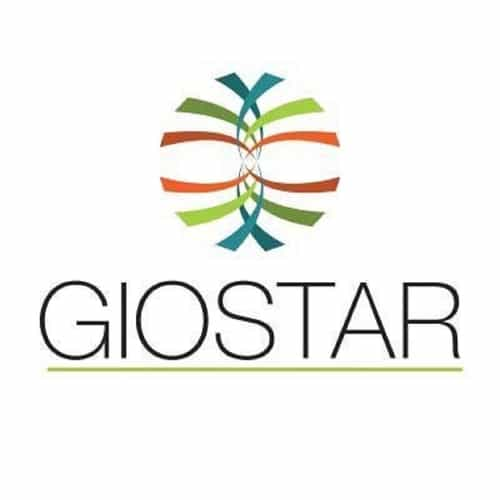

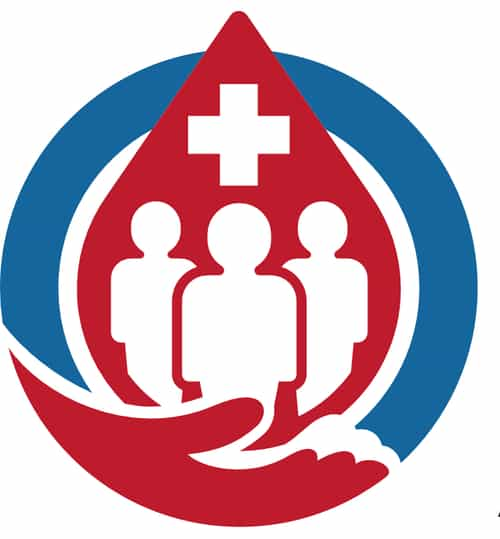

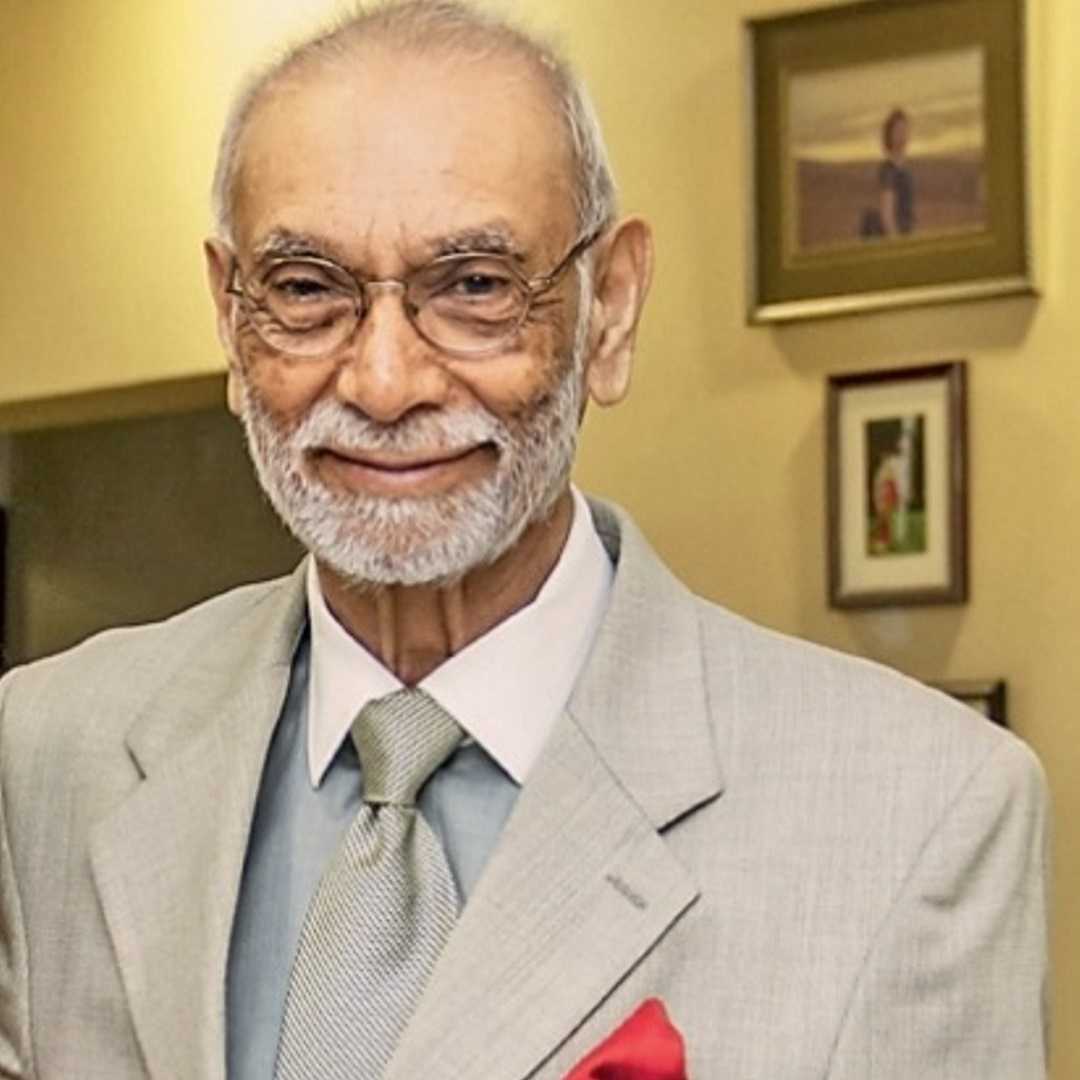
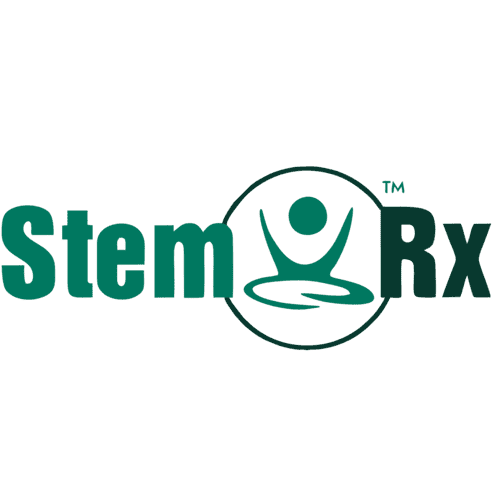
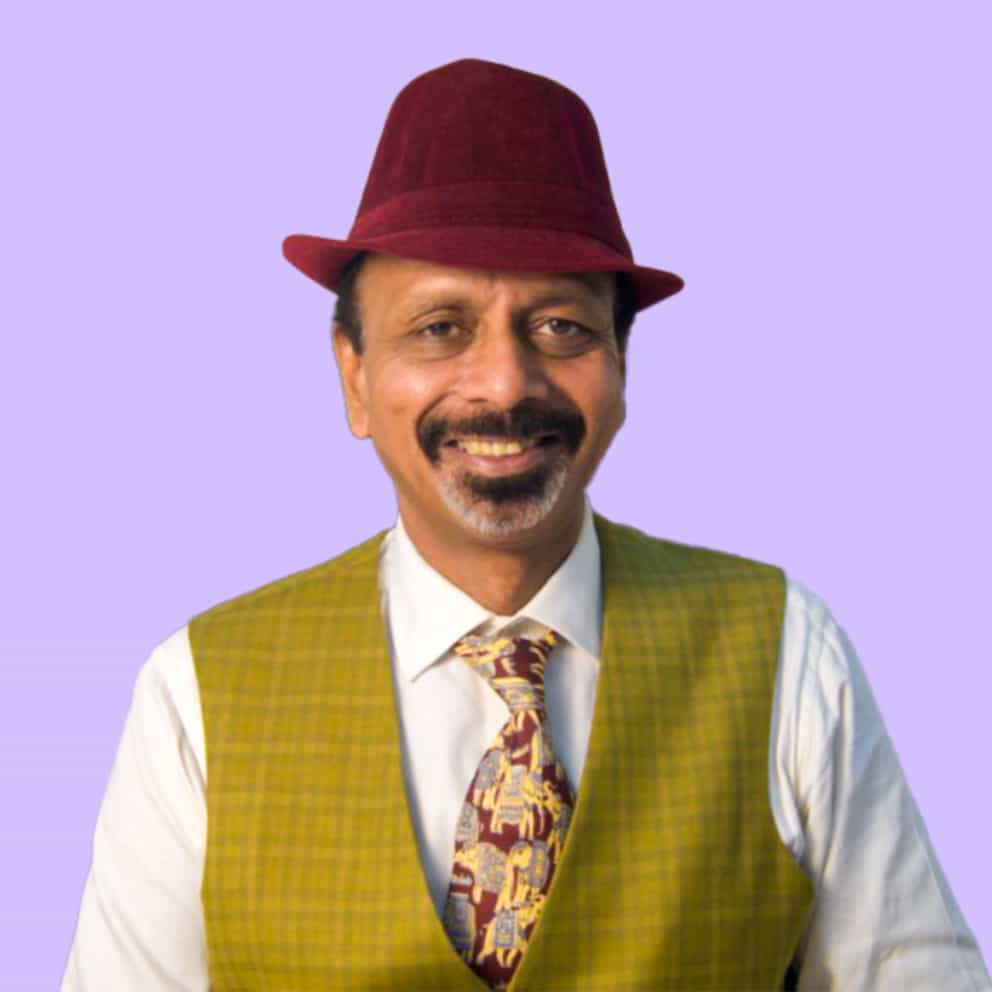

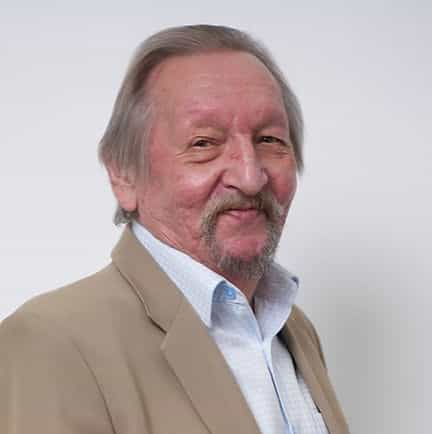
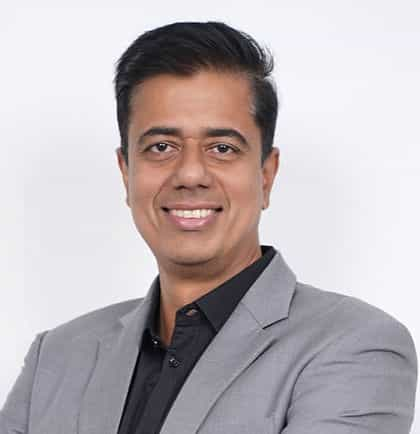
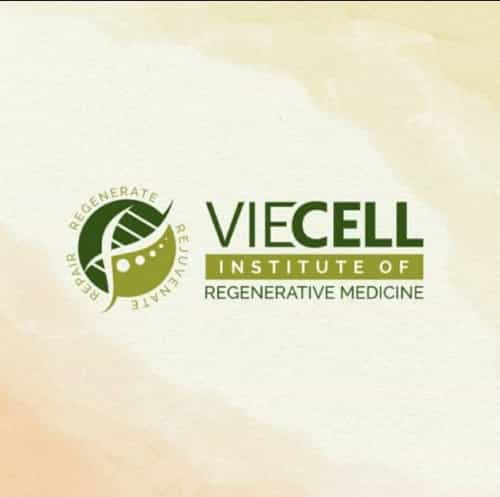

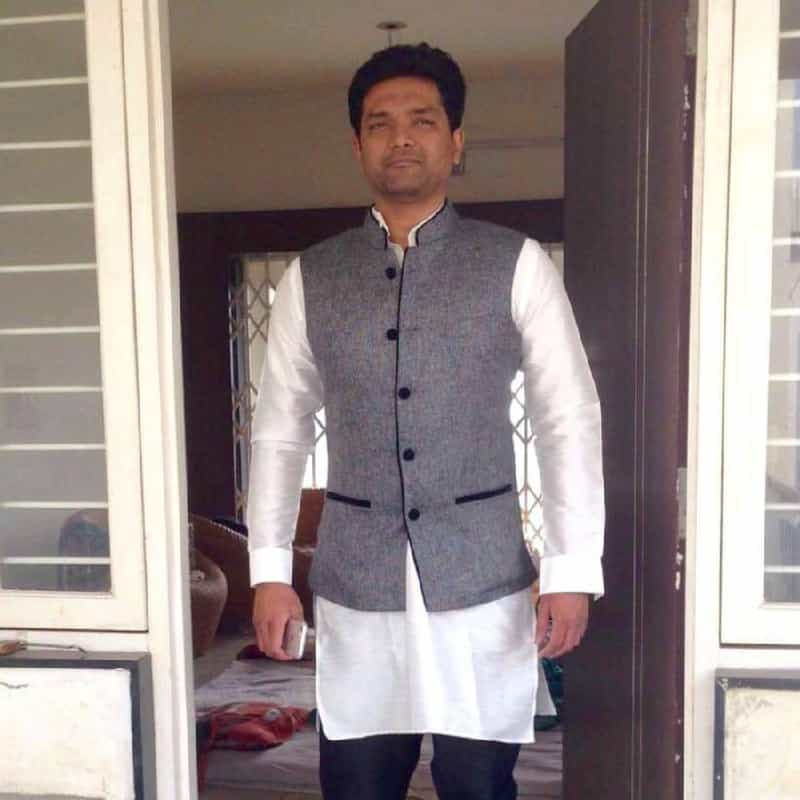
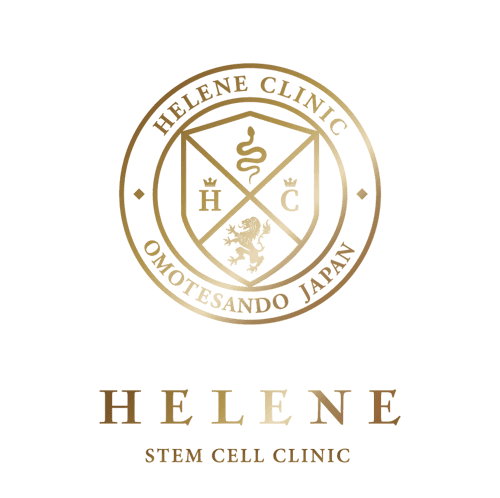
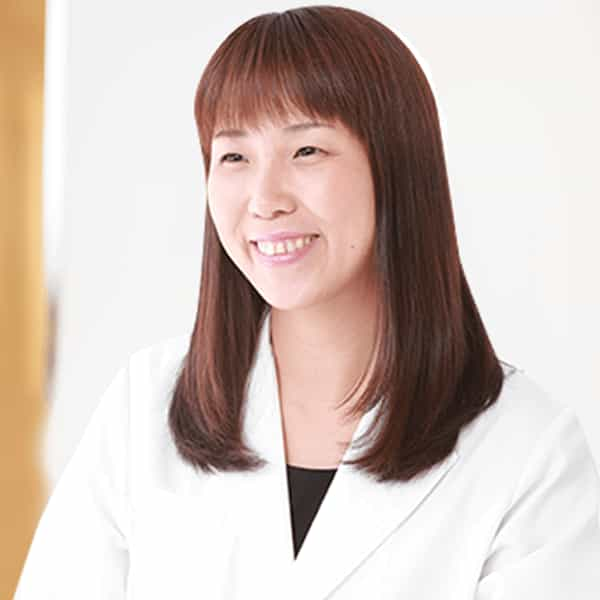
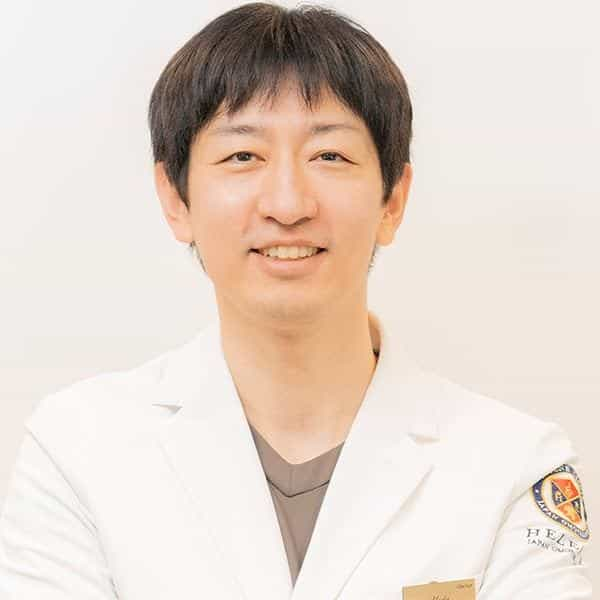
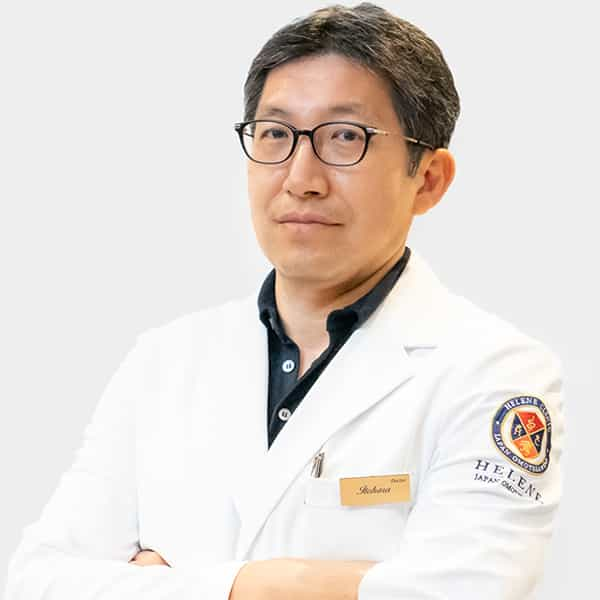

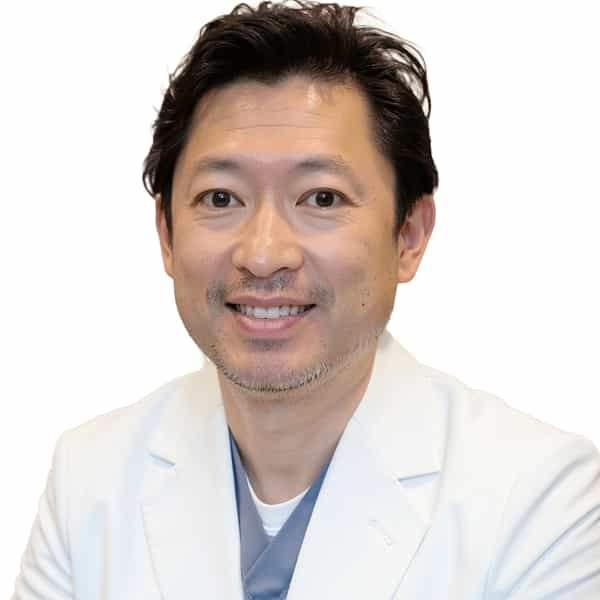

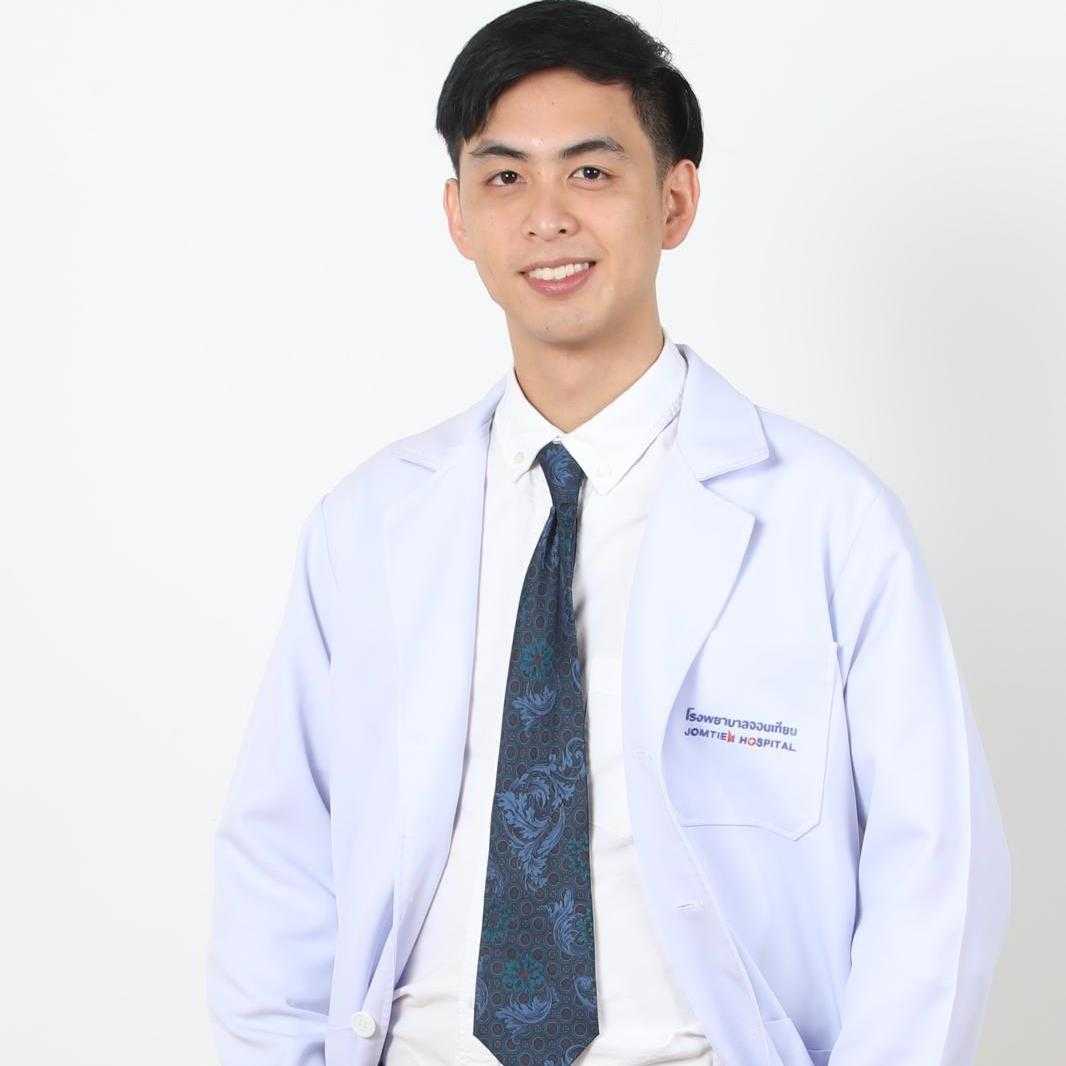
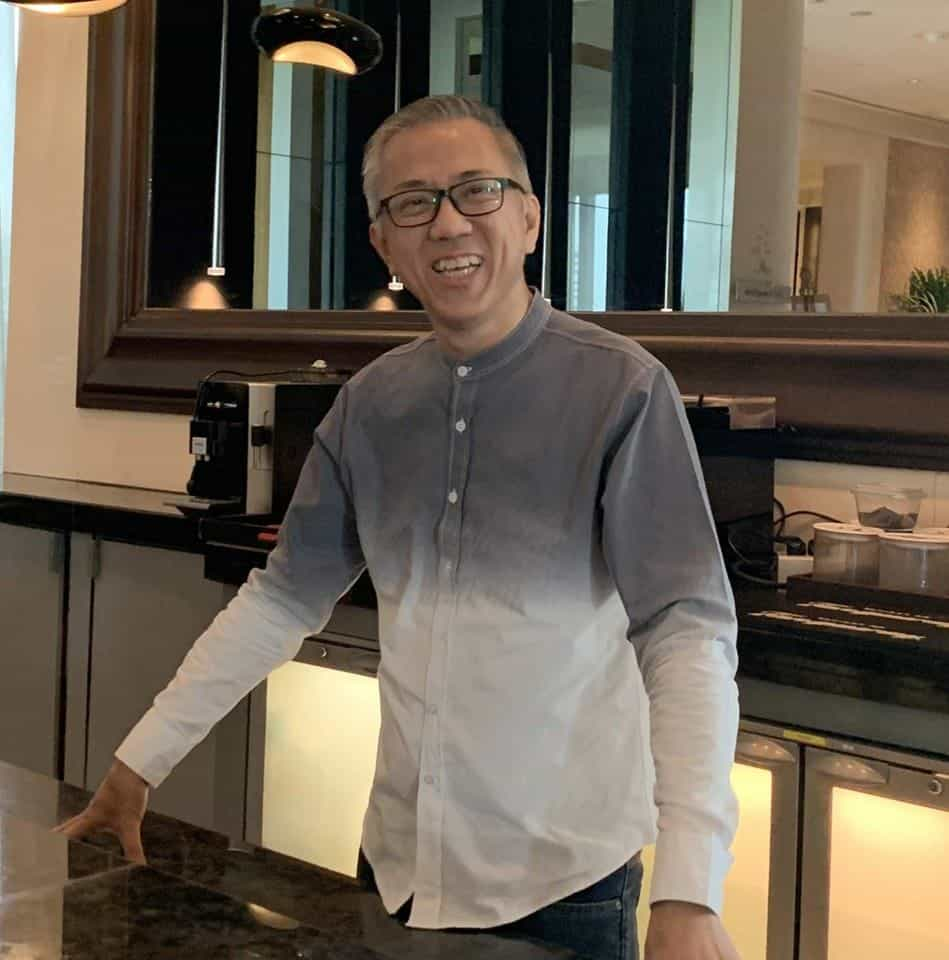
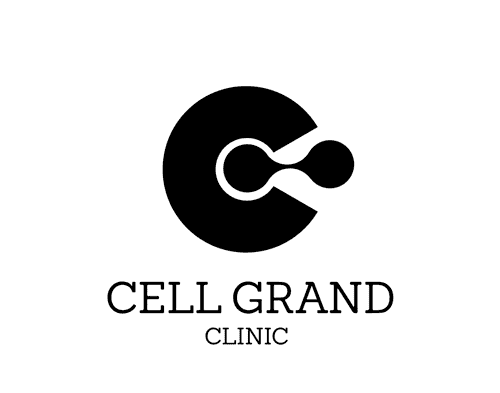


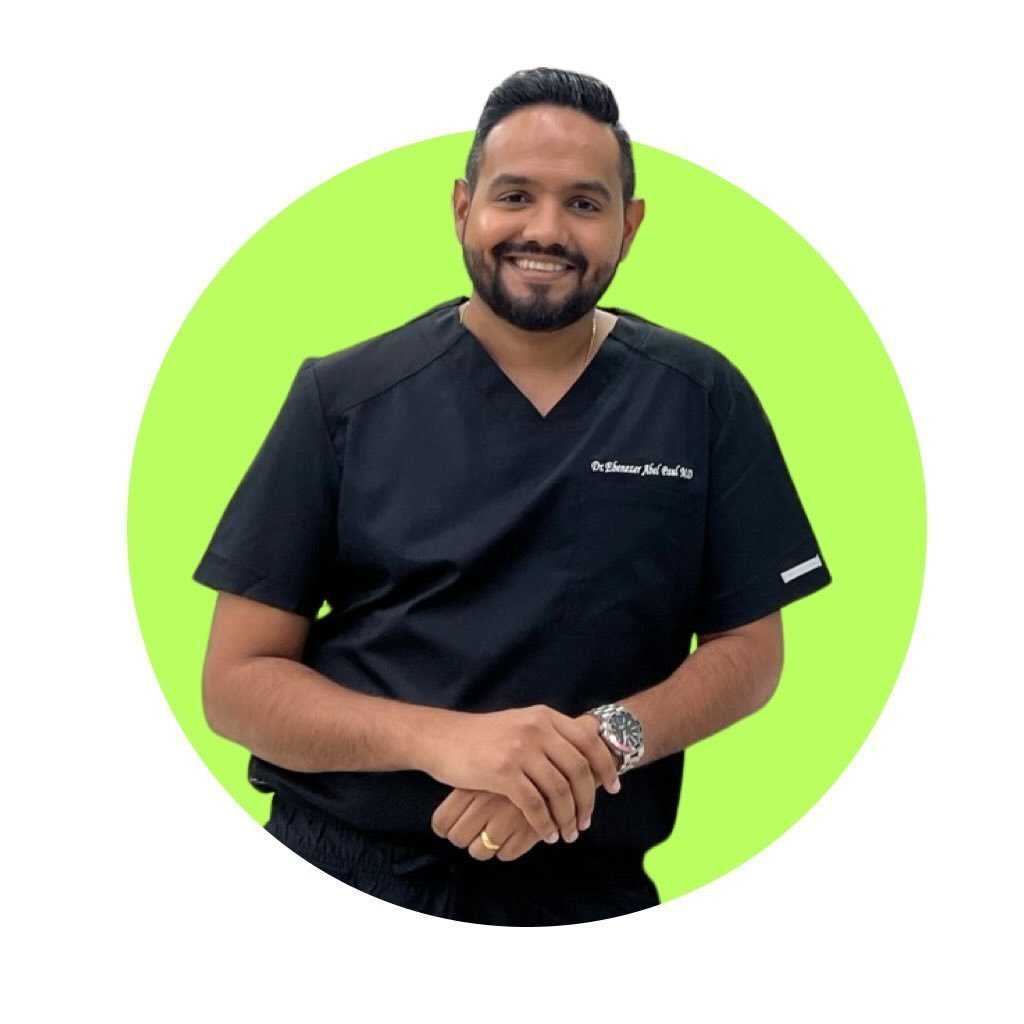
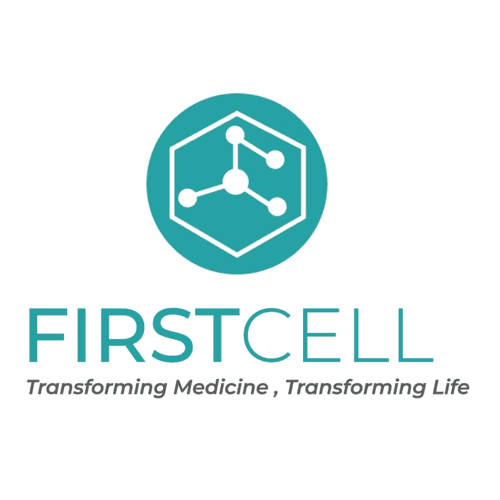
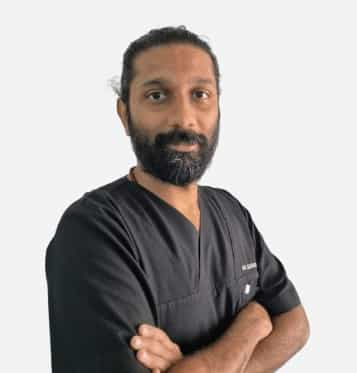
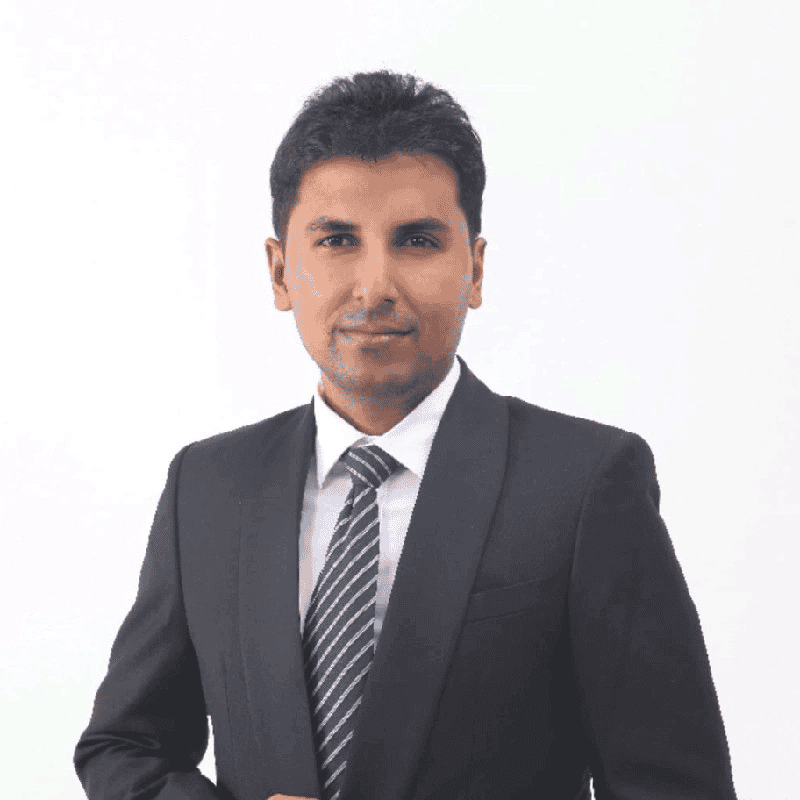

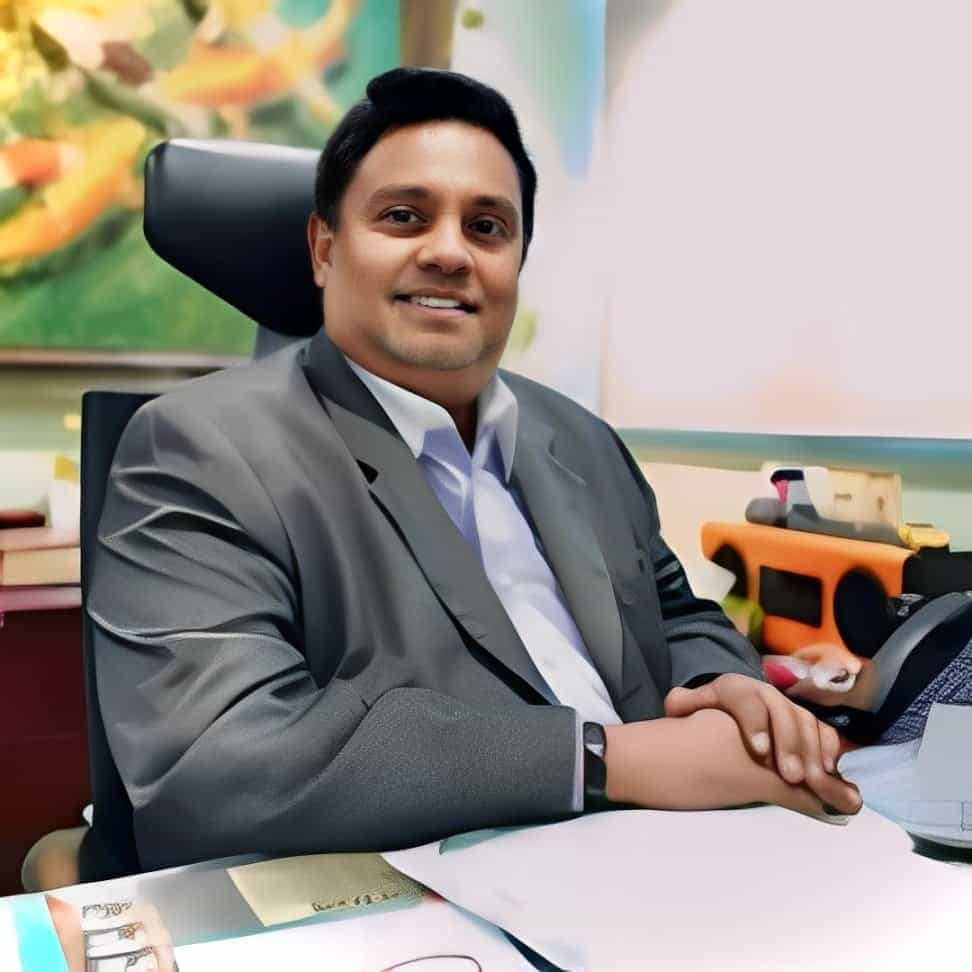
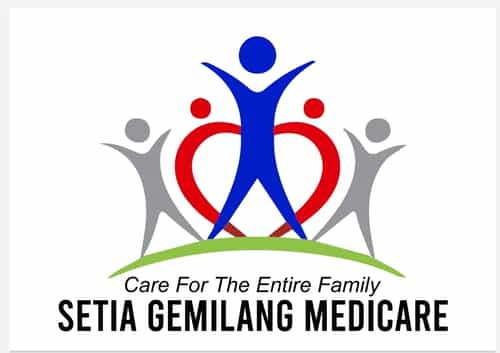
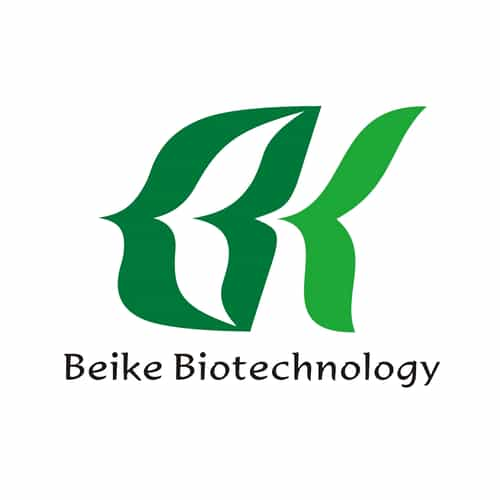
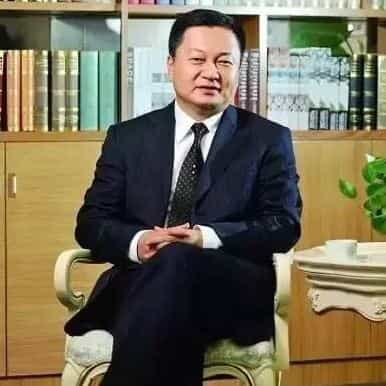


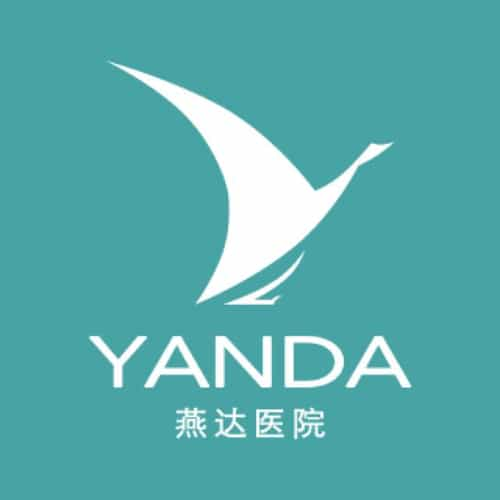


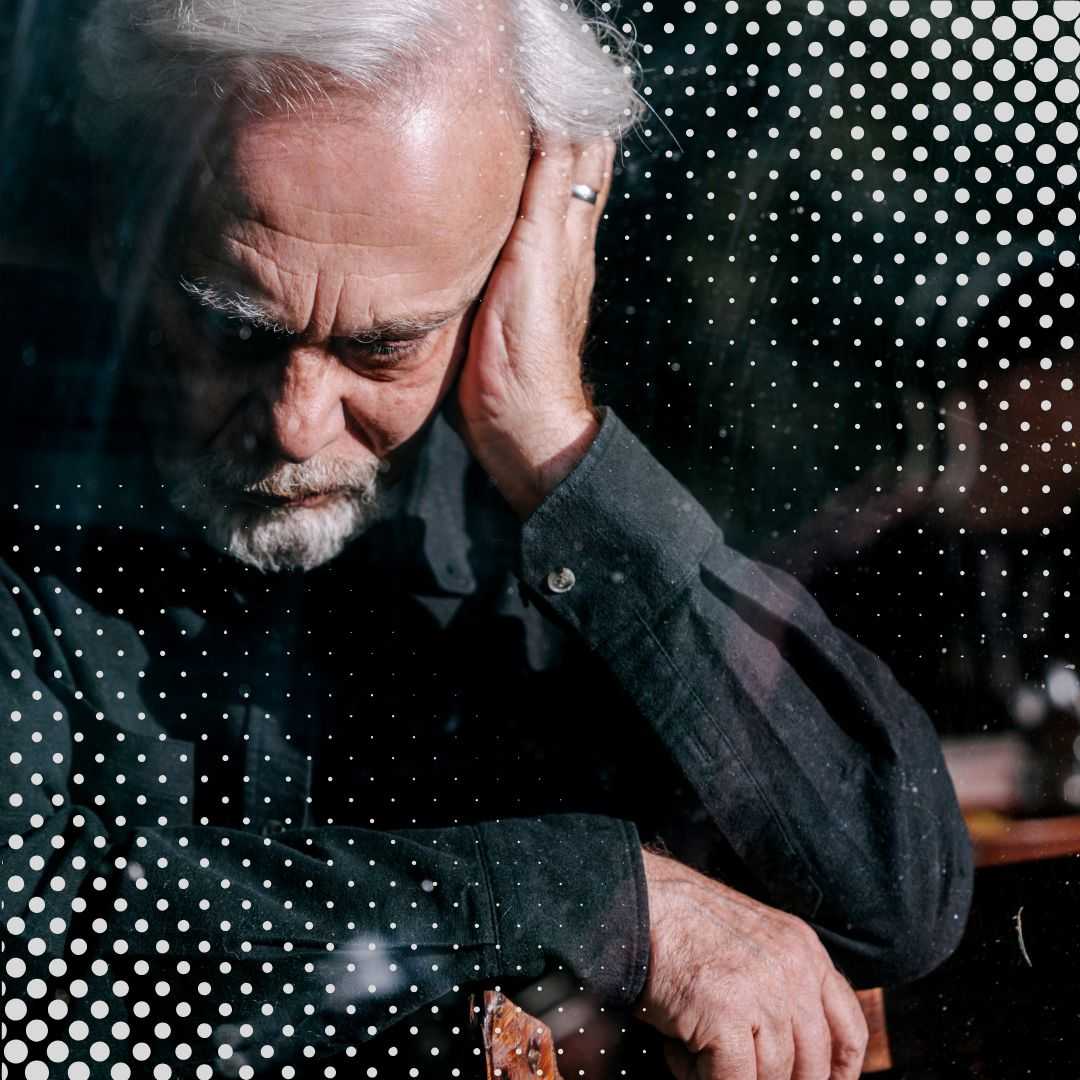
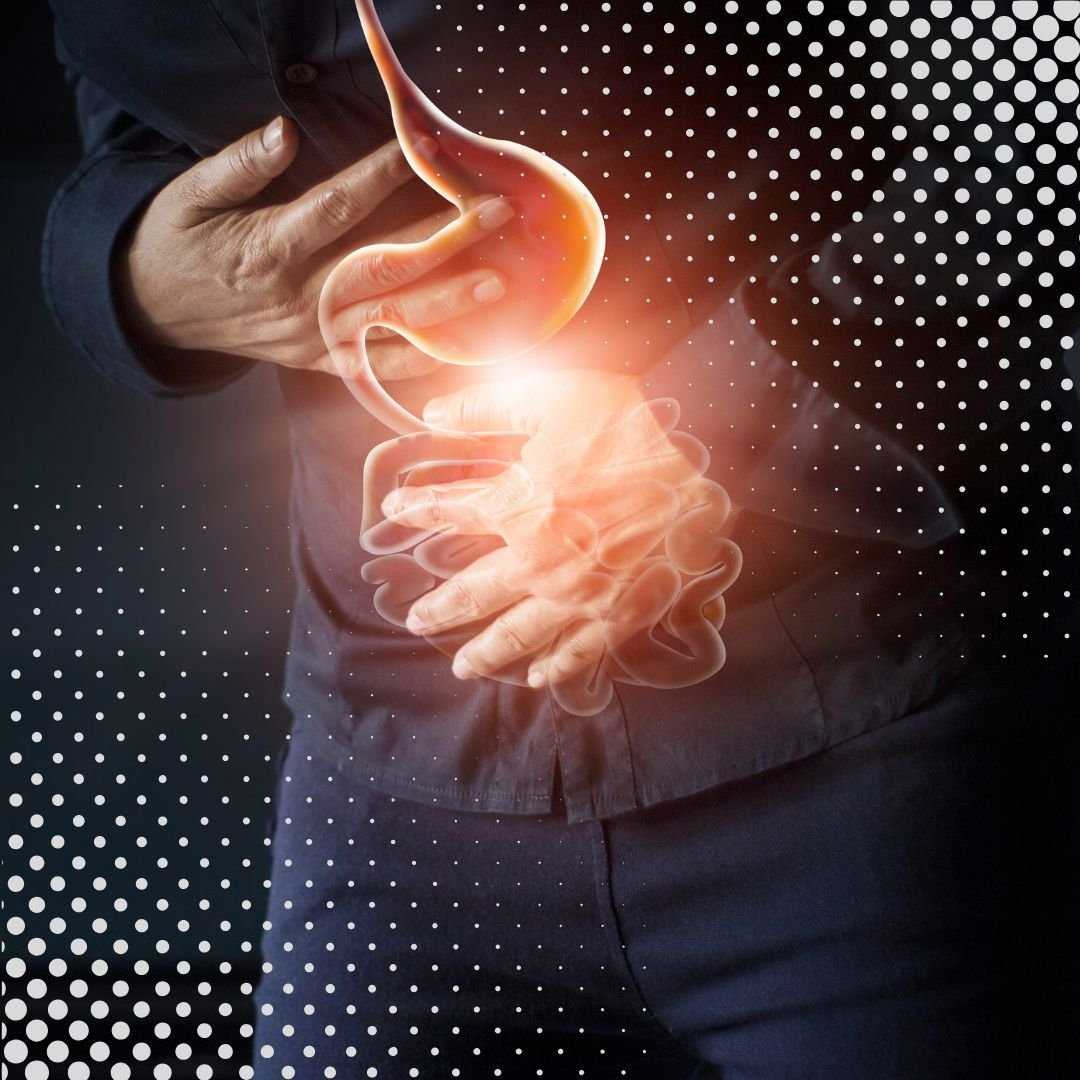
.png)
.png)
.png)
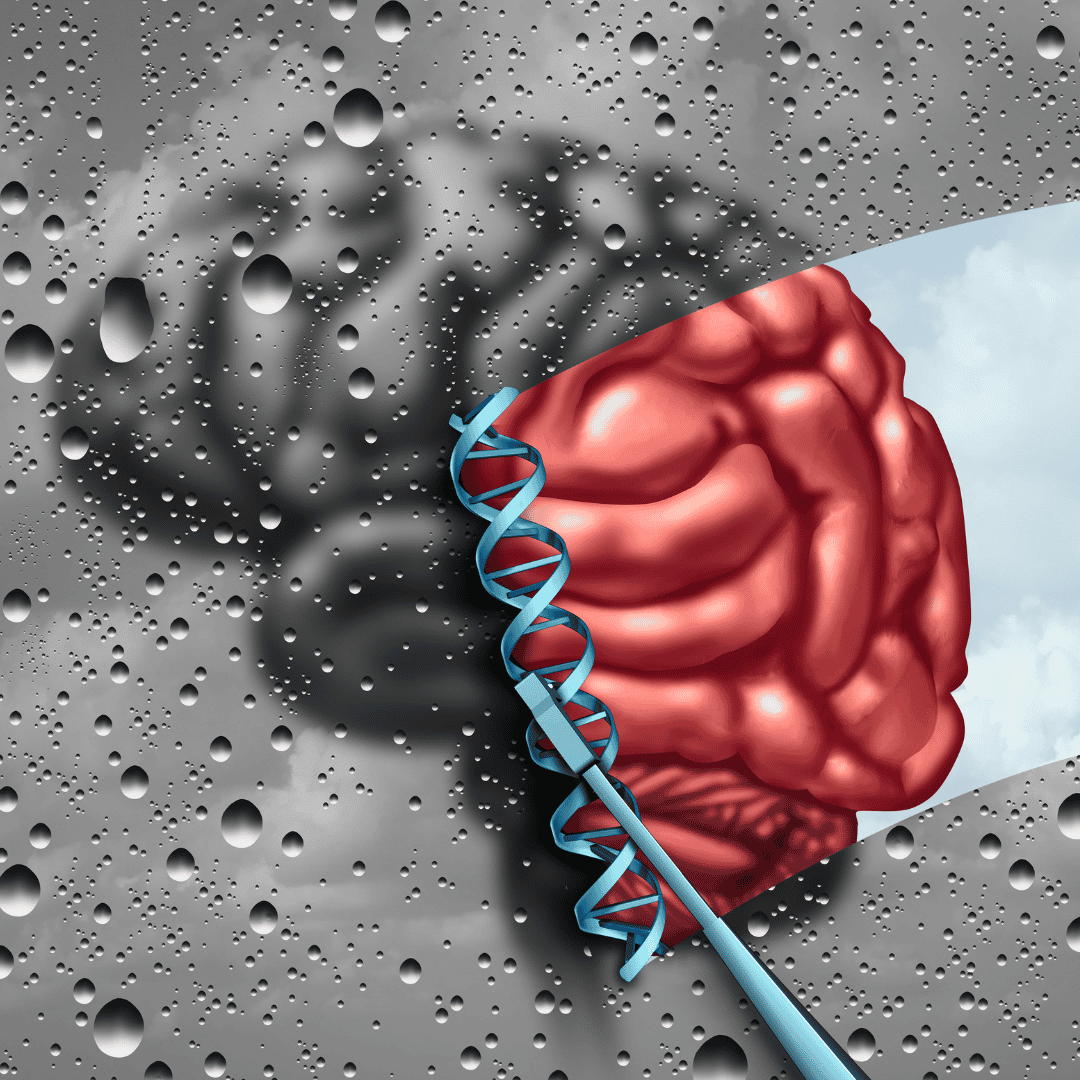

Doctor was very clear
Read More